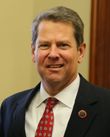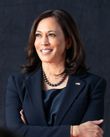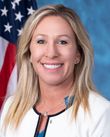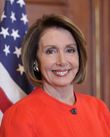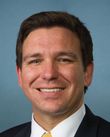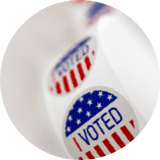

Michelle Fischbach REPRepublican
United States Representative, MN-7
(320) 593-3145 (202) 225-2165 (202) 225-1593 (218) 422-2090 (320) 403-6100 Michellelfischbach@Yahoo.Com info@fischbachforcongress.com fischbach.house.gov www.michellefischbach.org ballotpedia.org/Michelle_Fischbach en.wikipedia.org/wiki/Michelle_Fischbach 1004 Longworth, Washington DC 20515 2513 8th, Moorhead MN 56560 2211 1st, Willmar MN 56201

Michelle Louise Helene Fischbach (FISH-bahk; née St. Martin; born November 3, 1965) is an American attorney and politician who is the U.S. representative from Minnesota's 7th congressional district. The district, which is very rural, is Minnesota's largest congressional district and includes most of the western area of the state. A Republican, Fischbach served as the 49th lieutenant governor of Minnesota from 2018 until 2019. As of 2024, she is the most recent Republican to have held statewide office in Minnesota.Fischbach was a member of the Minnesota Senate from 1996 to 2018. During her tenure, she was the President of the Minnesota Senate from 2011 to 2013 and from 2017 to 2018. When Dayton appointed Tina Smith to the U.S. Senate after Al Franken’s resignation, Fischbach became the lieutenant governor of Minnesota under the Minnesota Constitution. She served as lieutenant governor under Governor Mark Dayton.While serving as the incumbent lieutenant governor of Minnesota, Fischbach was former Governor Tim Pawlenty's nominee for lieutenant governor in the Minnesota Republican Party primary during the 2018 Minnesota gubernatorial election. Pawlenty and Fischbach lost in a contentious primary election.In the 2020 U.S. House elections, Fischbach defeated 30-year DFLer incumbent Collin Peterson.
We don't have much info on Michelle Fischbach
If this is your profile, please reach out to us - we'll help get your profile filled out to start making a big impression on Voterly.
Below lists the position this politician has taken on a political issue. The star rating represents the politician's prioritization and action on the issue based on data collected by relevant interest groups. Select an issue to view a more in-depth explanation of each rating.

Voterly uses special interest group ratings to determine a politician's stance on a political or social issue. Special interest groups release ratings of politicians to convey whether that politician is in favor of their cause. For example, a politician who actively supports gun rights will receive a high rating from a pro-gun interest group. That same politician would be rated low by a gun control interest group. This collection of ratings informs where we place a politician on the spectrum of the issue.
Special Interest Group Ratings
Disclaimer: A special interest group's positions on issues are gathered from various reputable sources including the organization's website, social media accounts, press releases, and other public communications. Special interest group politician ratings are provided by VoteSmart.org. Positions and ratings are subject to change and we may experience delays, interruptions, or errors, as a result. If you believe this information is inaccurate, please submit a problem report. Submit Report.



